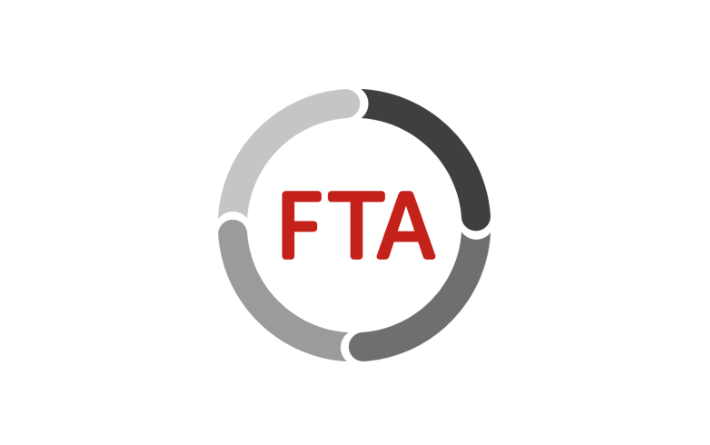Potential economic benefits of upgrading A6 cannot be ignored, says FTA

Monday 13 June 2016
The upgrading of the A6 between L’Derry and Belfast could save goods vehicle operators around £70 for each return journey by a 44 tonne articulated vehicle, clearly demonstrating the potential economic benefits of such improvements. The long overdue upgrade is considered one of the biggest problems faced by goods vehicle operators due to congestion and delays on what is regarded as a key strategic trade route.
These comments were made by Seamus Leheny, Policy Manager for the Freight Transport Association in Northern Ireland, in a letter to six recently elected Members of the Legislative Assembly (MLAs) who represent the Foyle constituency and now sit in the Northern Ireland Assembly.
Whilst acknowledging that the new Infrastructure Minister, Chris Hazzard, has emphasised his commitment to the delivery of improvements to the A6, FTA is anxious to ensure that politicians in the Foyle constituency are united and determined to ensure the upgrade is delivered during this term of government.
Seamus Leheny said: “The majority of goods going to and from L’Derry and the wider north west transit via the A6. This is either because they originate from the numerous distribution centres in the Greater Belfast area or are exports and imports being shipped via Belfast and Larne ports.
“An improved A6 will not only assist businesses in the north west to send and receive goods faster and cheaper, but it will also help attract inward investment as the ability to transport goods to market efficiently is a key criterion for any company considering investing in a new location.”
Seamus Leheny added: “Another significant benefit of upgrading the A6 would be road safety. The speed limit for HGVs on a single carriageway in Northern Ireland is 40mph, compared with that for a car which is 60mph. Because a significant proportion of the A6 is currently single carriageway, this often leads to HGVs creating long queues of traffic, leading some car drivers to make dangerous overtaking manoeuvres. Additional dual carriageway on the A6 would create safer overtaking opportunities for cars and help make traffic speed more consistent.”
Notes for editors
The average operating cost of a 44 tonne articulated vehicle is £127,967 per annum, £2,460 per week, or £492 per day. Based on a standard eight hour working day the cost can be calculated at £1 per minute. Based on a distance between Belfast and L’Derry of 70 miles, an HGV would make this journey at an average speed of 40mph (the maximum speed for HGVs on a single carriageway) therefore the journey time is approximately 2 hours and 15 minutes, costing £135.
In comparison, on a journey on an upgraded A6 with significantly more dual carriageway, the average speed can then increase to 50mph (the maximum speed for HGVs on dual carriageways) thus reducing the journey time to 1 hour 40 minutes, resulting in a saving of £35 each way, £70 for a return journey. The average speed allows for a maximum 56mph for HGVs on the motorway. This is a conservative estimate of the cost savings as lengthy delays are common on the A6.
The Freight Transport Association is one of the largest trade associations spanning Ireland and the UK with over 15,000 members, including over 330 members in Northern Ireland ranging from hauliers to food and drink distributors, retailers, construction and the recycling industries.
Seamus Leheny’s letter was sent to:
Mark H Durkan - SDLP
Colum Eastwood – SDLP
Eamonn McCann – PBP
Gary Middleton – DUP
Martin McGuinness – Sinn Fein
Raymond McCartney – Sinn Fein
FTA Press Office
01892 552255
press.office@fta.co.uk